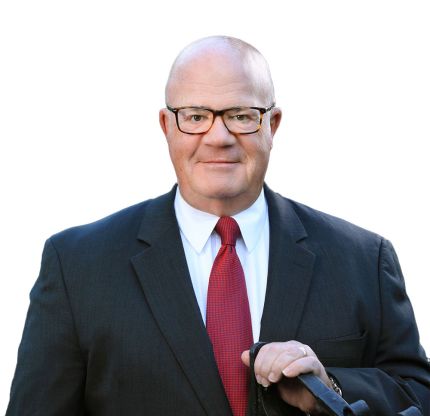
The Case of The Reluctant Successor
Case Studies in Succession Planning:
The Case of the Reluctant Successor
It comes as a surprise to most owners to learn that more than 50% of potential successors, whether they be children or key employees, either don’t want the business or can’t swing it financially. But many owners operate on the assumption that when it comes time to retire it will be an easy and stress free transition.
There are two elements at work in a sale or transition to insiders to be aware of:
- Most owners fail to validate their assumption relative to interest or ability. They may discuss it in abstract terms but never get down to the how. Given the human penchant for deferring issues until they happen it is not unusual for this door to be closed in the 11th hour
- Most owners fail to prepare their successor. I have had many experiences with 45 year old children who have never seen the company financial statements.
Jesse Milhouse is 65 and has decided it is time to “slow down.” His son, Jason (30), and his daughter, Jackie (28), have worked for him since graduating mortuary school. Both are funeral directors and embalmers.
When Jesse approached them about buying him out he was surprised to learn they weren’t “sure” they wanted to do that. Both were just starting families and didn’t feel they were ready or able to run the business without dad. No wonder, dad had done nothing to prepare them either practically or emotionally. Jason, in particular, wasn’t even sure he wanted to be in the funeral business.
Disappointed, Jesse took a step back. He and his wife, Ann, asked me to come visit with them.
I spent time interviewing Jesse and Ann and then Jason and Jackie. I learned that, while Ann and Jesse had always assumed that the kids would succeed them, they had never talked about it as a family. In recent years Jesse had become increasingly frustrated with the direction funeral service was taking. That frustration, in turn, had been expressed in the form of discouragement and anger. Jason and Jackie had internalized their dad’s behavior as indicating there wasn’t really a viable future. This gave them pause relative to whether they wanted to spend 30 to 40 years in a declining industry.
We concluded that the issue was twofold:
- Was Jesse’s current perspective on the future valid or not?
- Jason and Jackie needed to be developed into roles that could make them successful in 21st Century Funeral Service.
Since I believe that the future is a lot brighter than most believe, I recommended that they give it two more years and adopt a plan to see if they can have an impact on the business and for Jason and Jackie to determine if it will be a rewarding career.
Our first step was to train Jason and Jackie on the arrangement interview techniques that are part of our Service Charge Merchandising system. We also guided Jesse, Jason and Jackie as well as the admin team on assimilating the “Radical Hospitality” concept.
So far, they feel like they are making progress. They are picking up calls they wouldn’t have served before. Their average sale has increased by more than 10% without raising prices. Jason and Jackie are feeling much more confident about themselves and the future. Best of all, they recently reported they all love the feeling of wanting to go to work instead of having to go to work…including Jesse.
At this writing the jury is still out. But things are going in the right direction. A happy byproduct is that, if Jason and / or Jackie decide not to buy it, the firm will be significantly more attractive and valuable to a third party buyer.
Key takeaway:
- Watch your attitude
- If it’s a bad deal for you why would it be a good deal for them?
- Talk about it early, often and specifically
- Prepare them for assuming ownership
- Get your act together
- Don’t expect you successor to clean up your mess
Our Blogging Expert

Business Consultant / Owner
Popular Articles

